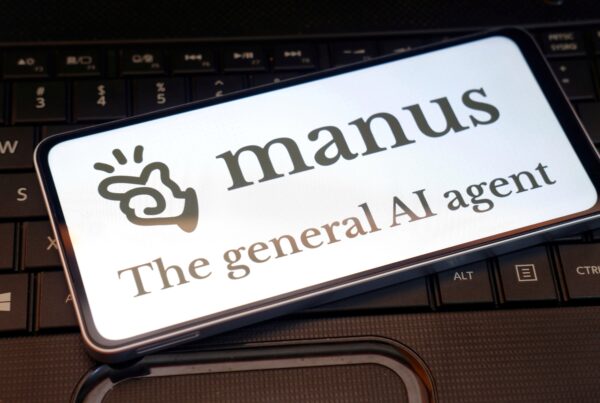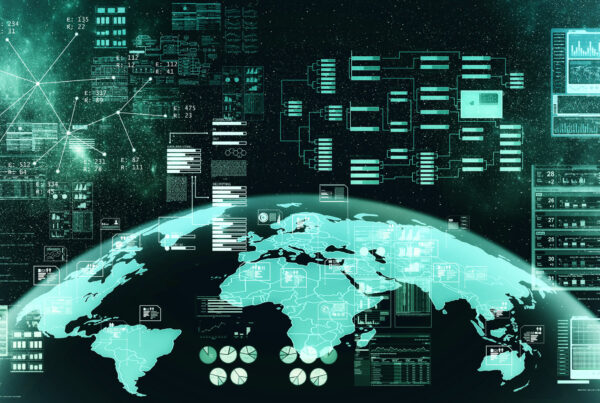In recent months, discussions around the potential suspension of Twitter in Brazil have gained significant attention. The platform, which has become a central hub for political discourse, social activism, and public communication, now faces challenges that could lead to its suspension in the country. The possibility of such a drastic measure has sparked debates about free speech, government regulation, and the broader implications for Brazil’s digital landscape.
Reasons Behind the Potential Suspension
The Brazilian government’s concerns about Twitter primarily stem from the platform’s role in spreading misinformation and hate speech. During elections and other politically sensitive periods, Twitter has been used to disseminate false information, incite violence, and polarize public opinion. The Brazilian authorities have expressed frustration over Twitter’s perceived inability or unwillingness to effectively moderate content, despite repeated calls for stricter enforcement of community guidelines.
Moreover, the platform has been criticized for not complying with local regulations. Brazil has stringent laws regarding the spread of fake news and online content that incites violence. The government argues that Twitter’s lax approach to these issues undermines national security and public order. As a result, some Brazilian lawmakers have pushed for the platform to either comply with the country’s legal framework more rigorously or face the possibility of suspension.
Implications of Twitter’s Suspension
If Twitter were to be suspended in Brazil, the impact would be profound. For millions of Brazilians, Twitter is not just a social media platform but a vital space for information exchange and public dialogue. It is widely used by politicians, journalists, activists, and ordinary citizens to discuss issues ranging from local concerns to global events. A suspension would disrupt this ecosystem, potentially silencing many voices and stifling public discourse.
The suspension could also have significant economic consequences. Twitter is a key platform for digital marketing and business communication in Brazil. Small businesses and entrepreneurs who rely on Twitter to reach customers and build their brands could be adversely affected. Additionally, the suspension might set a precedent for other social media platforms, leading to a broader crackdown on digital freedoms in the country.
Public and International Reactions
The potential suspension of Twitter has been met with mixed reactions. Supporters of the move argue that it is necessary to curb the spread of harmful content and to ensure that social media platforms adhere to Brazilian laws. They believe that holding Twitter accountable is essential for maintaining public safety and order.
However, many others, both within Brazil and internationally, view the potential suspension as a threat to free speech. Critics argue that the government’s actions could lead to censorship and the erosion of democratic rights. Human rights organizations have expressed concern that such a move would disproportionately affect marginalized groups, who often use Twitter as a platform to voice their concerns and mobilize for social change.
Internationally, the potential suspension of Twitter in Brazil could strain the country’s relations with other democracies that value free speech and digital rights. Global tech companies might also view Brazil as a more challenging environment for business, leading to hesitancy in investing in the country’s digital economy.
Conclusion
The discussions surrounding the potential suspension of Twitter in Brazil highlight the complex relationship between social media platforms and government regulation. While there are legitimate concerns about the spread of harmful content, the move to suspend a major platform like Twitter raises significant questions about the balance between security and free expression. As Brazil navigates this issue, the outcome will likely have far-reaching implications for the country’s digital landscape and its democratic institutions.



